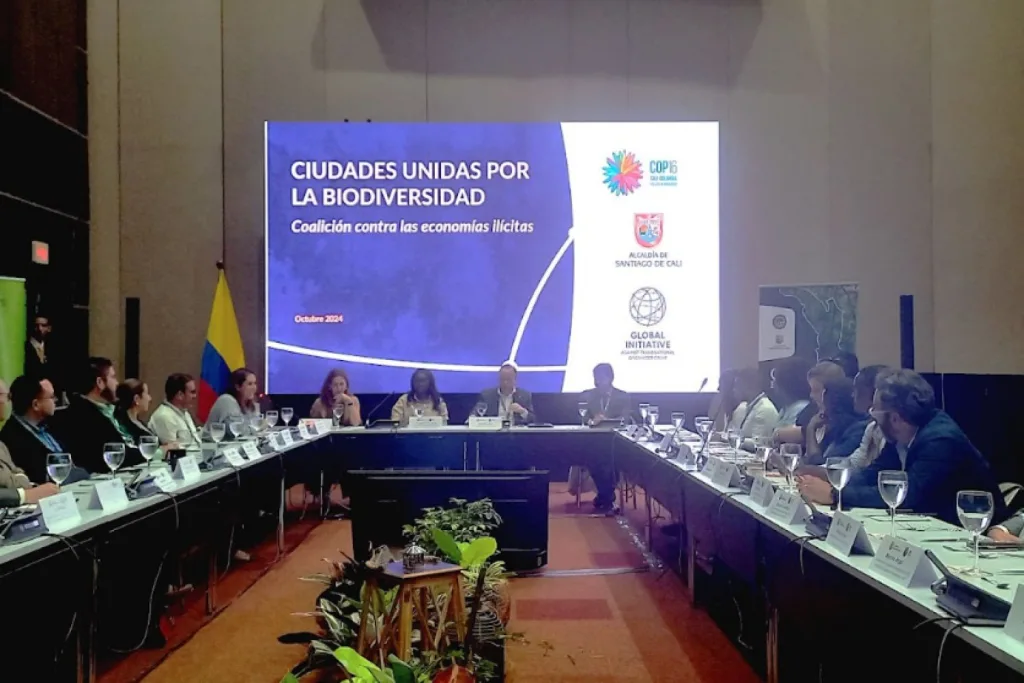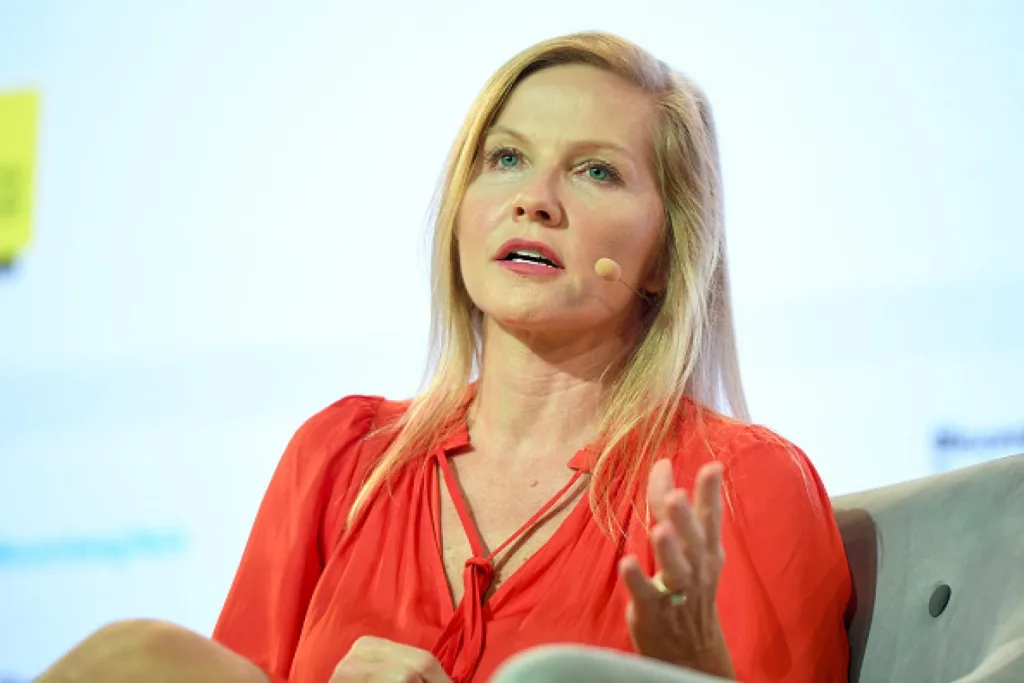In a groundbreaking move, MIT organized a formal delegation to the global Conference of the Parties for the Convention on Biological Diversity (COP16), which took place from October 21 to November 1 in Cali, Colombia. This delegation consisted of 10 representatives, including faculty, researchers, and students from various MIT departments such as the Environmental Solutions Initiative (ESI), the Department of Electrical Engineering and Computer Science (EECS), and the Computer Science and Artificial Intelligence Laboratory (CSAIL).
Previously, MIT’s participation in such discussions was sporadic. However, under the leadership of the ESI, this well-coordinated effort not only showcased MIT’s extensive research across 15 diverse events but also facilitated valuable experiential learning for students engaged in specific topics during the negotiations and side discussions. The conference attracted stakeholders from government bodies, NGOs, corporate sectors, and academic institutions, all united in their mission to combat global biodiversity loss and advance the 23 goals of the Kunming-Montreal Global Biodiversity Framework (KMGBF), aimed at guiding international efforts to protect and restore biodiversity through 2030.
MIT’s involvement was instrumental, particularly in addressing goals such as forming coalitions of sub-national governments, leveraging technology and AI for biodiversity conservation, fostering equitable markets, and shaping action plans for Afro-descendant communities.
Strengthening Coalitions of Sub-National Governments
Through ESI’s Natural Climate Solutions (NCS) Program, MIT supported two vital coalitions of Latin American cities, including the Coalition of Cities Against Illicit Economies in the Biogeographic Chocó Region and the Colombian Amazonian Cities coalition. These coalitions successfully formalized their commitments to advancing specific KMGBF targets, specifically targets 11, 12, and 14.
In collaborative discussions, team members presented multi-layered strategies encompassing transnational actions and recommendations to empower local and regional entities, as well as community-driven initiatives aimed at conserving the Biogeographic Chocó as a crucial ecological corridor. As highlighted by Marcela Angel, research program director at the ESI, “There is an urgent need to deepen the relationship between academia and local governments in biodiversity hotspots. Pilot research projects could provide valuable insights that boost climate adaptation and conservation efforts in these sensitive ecological settings.”
Moreover, ESI’s research played a pivotal role in the establishment of the Fund for the Biogeographic Chocó Region, a multi-donor initiative launched during COP16 by a coalition that includes Colombia, Ecuador, Panama, and Costa Rica. The fund’s major goals are to support biodiversity conservation, ecosystem restoration, climate change mitigation, and sustainable development across the region.
Harnessing Technology and AI for Biodiversity Conservation
Emerging data, technology, and artificial intelligence are transforming our comprehension of biodiversity and ecosystem changes on a global scale. At MIT, Professor Sara Beery’s research group is pioneering AI methodologies that significantly enhance species and environmental monitoring capabilities.
At the International Union of Biological Diversity Science-Policy Forum, Beery participated in a crucial panel discussing how these technological innovations can help us achieve important biodiversity milestones. The session emphasized the importance of fostering direct human-AI collaboration and implementing equitable data and AI policies to ensure universal access and benefits.
A notable outcome of this session was AI’s inclusion in the statement delivered by scientific leaders Hernando Garcia and David Skorton to COP16’s high-level segment, asserting the urgent need for action in areas like equity and governance frameworks surrounding biodiversity data and AI.
Additionally, Beery organized a panel at the GEOBON pavilion, focusing on “Scaling Biodiversity Monitoring with AI,” which attracted global leaders in AI research, infrastructure, and policy regulation.
Promoting Equitable Markets
In partnership with the CAF-Development Bank of Latin America, ESI co-hosted an event where researchers, including representatives from various organizations, presented findings from a study titled “Voluntary Carbon Markets for Social Impact.” This research revealed the structural barriers that impede Indigenous peoples and local communities (IPLC) from participating effectively in carbon forestry projects.
Given the current credibility crisis in the global carbon market, driven by critical evaluations and media scrutiny, it is essential to address the dynamics between private entities and IPLC while proposing pathways toward equitable engagement. The study’s recommendations highlighted the pressing need for fair benefit-sharing, enhanced governance structures, and increased accountability within this market sector.
Guiding Action Plans for Afro-Descendant Communities
COP16 also hosted the Afro-Interamerican Forum on Climate Change (AIFCC), which aims to underscore the vital contributions of Afro-descendant communities in climate initiatives. During the Afro Summit, Mayolo presented essential recommendations collectively devised by AIFCC members to the technical secretariat of the Convention on Biological Diversity (CBD). Key points emphasized include:
- Developing financial instruments for conservation and supporting land rights of Afro-descendant communities.
- Establishing a credit guarantee fund for countries recognizing Afro-descendant land titles and researching their biodiversity contributions.
- Advocating for greater representation of Afro-descendant communities in international policy forums.
- Capacity building for local authorities.
- Formulating strategies for inclusive growth in green industries and energy transitions.
These initiatives aim to foster sustainable development for Afro-descendant populations.
“Participating in COP16 with a sizeable MIT delegation was both a privilege and an honor,” stated John E. Fernández, Director of MIT ESI. “This highlights ESI’s potential to serve as a pivotal research and convening body within MIT. The challenges posed by climate change and biodiversity loss are paramount, and MIT is equipped with the expertise and determination to tackle these issues head-on. Our commitment at ESI is to facilitate the most impactful contributions across the Institute for the critical years to come.”
For a more comprehensive overview of the conference, explore the MIT Environmental Solutions Initiative’s Primer of COP16.
Photo credit & article inspired by: Massachusetts Institute of Technology



